Sainsbury's halts talks on Nisa buyout
Supermarket is waiting to see outcome of review of Tesco-Booker deal
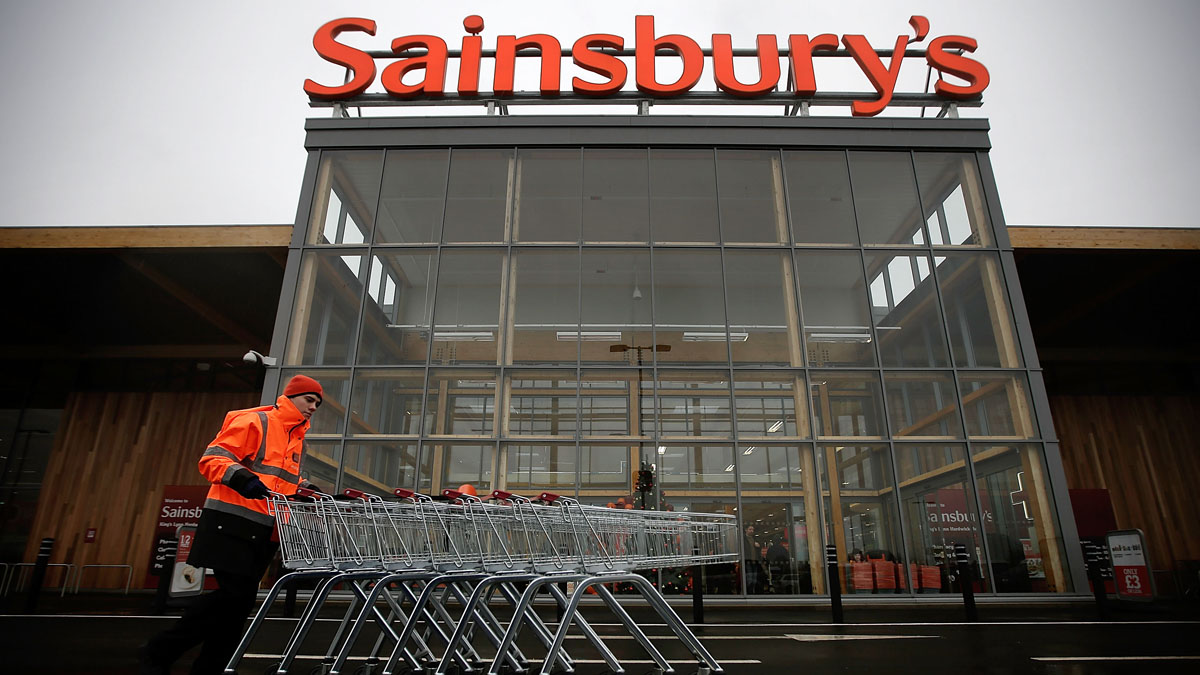
A free daily email with the biggest news stories of the day – and the best features from TheWeek.com
You are now subscribed
Your newsletter sign-up was successful
Sainsbury's warns of tough times to come as profits fall
4 May
Sainsbury's has warned of tough times ahead after announcing a fall of 14 per cent in underlying yearly profits.
The supermarket made £587m in the year to 12 March, down from £681m in the previous year.
The Week
Escape your echo chamber. Get the facts behind the news, plus analysis from multiple perspectives.

Sign up for The Week's Free Newsletters
From our morning news briefing to a weekly Good News Newsletter, get the best of The Week delivered directly to your inbox.
From our morning news briefing to a weekly Good News Newsletter, get the best of The Week delivered directly to your inbox.
In terms of pre-tax profits, which include one-off charges and other expenses, Sainsbury's experienced a "turnaround", says the Financial Times, recording a £548m profit after a £72m loss for 2014-2015, when it was forced to record a £628m writedown in the value of its property and pay other charges.
Sainsbury's has suffered from the deflationary effect of fierce competition in UK supermarkets as shoppers turn to discounters including Aldi and Lidl. Chief executive Mike Coupe told the BBC this week he cannot see an end to the price war.
"Prices are actually four per cent lower, would you believe, than two years ago and that's a reflection of the fact that the market is fiercely competitive and it will remain so for the foreseeable future," he said.
The 14 per cent fall in underlying profits was not as bad as analysts had expected, says the FT, nor as bad as the losses suffered by some of the supermarket's rivals.
A free daily email with the biggest news stories of the day – and the best features from TheWeek.com
Like-for-like sales fell 0.9 per cent, says the newspaper, while Sainsbury's total sales, excluding VAT and petrol, dropped to £23.5bn from £23.8bn a year earlier.
Sainsbury's agreed last month to buy Home Retail Group, which owns Argos, at a cost of some £1.2bn. The purchase is said by the FT to be motivated by the news that online retail giant Amazon started a trial food delivery service in the UK last year.
The supermarket is seeking to challenge its discount rivals by returning the Netto brand to British shopping. The Danish discount chain was taken over by Asda in the UK in 2010 and its branches were converted to Asda stores.
Now owner Dansk Supermarked has opened 15 Netto stores in Britain in a 50:50 partnership with Sainsbury's, which says it will review their performance and announce the results in November.
Sainsbury's share price fell some two per cent in early trading in London on the news of its profit fall.
Sainsbury's ditches 'brand match' money back scheme
08 April
Sainsbury's is to ditch another of its price offers by the end of this month, scrapping the "brand match" scheme that gave shoppers money back on branded goods that could have been bought cheaper at Asda.
The supermarket said it had surveyed customers and found support for removing the scheme - which, The Guardian notes, now applies to just 16 per cent of transactions - in favour of generally lower prices. Investment will be switched to "cutting prices on basics such as bread, cheese and household cleaning products".
"We've been talking to customers all over the country… [and] they've told us that having lower regular prices across the store is more important," it said in a statement.
Sainsbury's reckons it's all another facet of changing consumer habits, with shoppers undertaking more and smaller transactions. There has also been a segmentation in demand towards both cheaper staples and more expensive premium products under the likes of Sainsbury's Taste the Difference range.
At the same time, Aldi and Lidl are making big inroads into market share with an offer that foregoes almost all recognised brands and is based purely on discounted prices that established rivals struggle to match.
As a result, says Sainsbury's, more and more of its customers are increasingly coming in below the threshold of ten items with one brand to qualify for the "brand match" scheme.
The group is also in the process of phasing out all multi-buy offers from its stores, a move it announced last month in response to a report from the Competition and Markets Authority that such deals routinely mislead customers.
There is evidence that Sainsbury's strategy is paying off. It has consistently been the best performer of the "big four" supermarkets and seen sales rise on a rolling three-monthly basis for the past eight months.
However, some grocery bloggers told the Daily Mirror they were unhappy about the change.
"Before, you had to sit down and make sure it was the cheapest price. The Brand Guarantee took that hassle away," said Holly Smith, who runs a website devoted to digging out the best bargains and coupons. "A lot of shoppers will move somewhere else, like Tesco."
Sainsbury's to axe hundreds of training roles from its stores
06 April
Union bosses have expressed "severe disappointment" at the latest round of restructuring by supermarket group Sainsbury's, which puts hundreds of jobs at risk, reports the BBC.
Yesterday, the company announced it would be scrapping the 870 in-store trainers employed across its supermarkets and replacing them with 280 "learning and development managers", who will have responsibility for staff training across a number of stores. The company will offer affected staff opportunities to apply for more senior roles or for redeployment elsewhere.
Julia Long, from Unite union, said: "We appreciate that Sainsbury's has a good record of redeployment of staff in these situations and we will be exploring every avenue to ensure continuing employment for our members."
Sainsbury's is also entering a consultation with 1,900 night-shift staff about moving to morning or evening hours, which it says will enable it to improve customer service. The Guardian hints that while it will not affect overall staff numbers, the move could reduce the number of workers being paid premium rates and would be a way to save costs following the introduction of the national living wage.
The job losses come on top of 800 in-store job cuts last year, part of a bid to save £500m to offset a decline in profits in the face of major upheaval across the grocery sector. Sainsbury's reported its lowest half-year profit for five years last September, as food-price deflation triggered by the rise of discounters Aldi and Lidl hit takings.
Despite the challenges, the group remains the best placed of the established "big four" supermarkets. Yesterday, industry-wide sales figures revealed Sainsbury's increased sales for the eighth consecutive rolling three-month period and had increased the pace of growth, in spite of falling prices.
Sainsbury's best of the 'big four' once more as sales growth increases
05 April
There is yet more evidence that Sainsbury's is winning the supermarket price war, even despite its decision to cut multi-buy offers across stores.
According to the latest figures from researcher Kantar Worldpanel, Britain's second-largest supermarket group saw sales rise 1.2 per cent for the 12 weeks to 27 March 2016. The Financial Times notes this marks the eighth consecutive rise in the rolling three-monthly stats and is double the 0.5 per cent reported for the previous three-month period to the end of February.
Some had suggested Sainsbury's might be hit by a decision to start phasing out multi-buy offers from its stores in response to evidence from regulators that they mislead shoppers. However, the Daily Telegraph says there is reason to suggest this is providing a boost.
"Figures from Kantar suggested the move was in fact paying off, with 73 per cent of shoppers either opting for full-price or buying a cut price item, rather than spending on two or more items – which should lead to Sainsbury's protecting its margins," the paper says.
Elsewhere in the sector, Tesco's figures were also seen as positive, with sales falling just 0.2 per cent. The Telegraph notes this is the fourth time in a row that the three-monthly sales decline has slowed, while it also points to underlying transaction volume growth at a time when food prices are falling on average by 1.5 per cent.
Fraser McKevitt, the head of retail and consumer insight at Kantar Worldpanel, suggested Tesco "could return to growth in the next few months, welcome news after 12 months of decline".
In general, supermarkets had a strong Easter, with Reuters reporting overall sales up 1.1 per cent. Morrisons and Asda continued to struggle, with sales falling 2.1 per cent and 3.9 per cent respectively, while the Co-operative saw a strong leap of 3.9 per cent to push its market share up to 6.1 per cent.
Discounters Aldi and Lidl continued to make ground on their more established rivals, with sales surging by 14.4 per cent and 17.7 per cent. Their combined market share is now 10.4 per cent.
Sainsbury's secures £1.4bn Argos buyout
1 April
Sainsbury's appears to have ended "a saga that began in November when the supermarket group first approached the owner of Argos", notes the Financial Times.
Today the board of Home Retail Group, the retail conglomerate that owns Argos as well as Habitat and product brands such as Alba, Hygena and Bush, said it accepted and would recommend a £1.4bn takeover offer from the supermarket group.
In some respects Home Retail shareholders might be disappointed. When an initial £1.3bn Sainsbury's bid was bettered by a £1.42 all-cash offer from the South African retail giant Steinhoff in February, there were hopes that a bidding war might push an offer above 185p, or £1.5bn. Some big shareholders had previously said the company was undervalued at less than 200p per share.
But given the recent sales struggles at Argos, most observers agree that the deal represents good value.
Analysts at Bernstein told the FT the deal "offers good value for Home Retail Group shareholders and… should be accepted". Steve Clayton, head of equity research at Hargreaves Lansdown, told the BBC that it offers backers "a welcome recovery in the value of their investment, following many years of difficult trading".
For Sainsbury's some have argued that the benefits of the deal have been less clear. They point to the potentially high price tag as well as Argos's sluggish sales and outmoded concept as factors that undermine the rationale for the buyout.
Bosses at the supermarket say the combination will create a "multi-product, multi-channel" retailer with about 200 stores. Sainsbury's will co-locate more Argos outlets within its own supermarkets, saving money in the process by closing standalone Argos stores. It will also beef up its delivery capabilities through the latter's well-regarded same-day 'hub and spoke' delivery service.
They also point to some clever financial engineering that reduces the cash outlay. This includes passing on £200m of the proceeds from Home Retail's sale of Homebase and using cash on the firm's own balance sheet to buy a book of 'buy-now-pay-later' loans from Argos that will bolster the Sainsbury's Bank balance sheet.
-
 The environmental cost of GLP-1s
The environmental cost of GLP-1sThe explainer Producing the drugs is a dirty process
-
 Greenland’s capital becomes ground zero for the country’s diplomatic straits
Greenland’s capital becomes ground zero for the country’s diplomatic straitsIN THE SPOTLIGHT A flurry of new consular activity in Nuuk shows how important Greenland has become to Europeans’ anxiety about American imperialism
-
 ‘This is something that happens all too often’
‘This is something that happens all too often’Instant Opinion Opinion, comment and editorials of the day
-
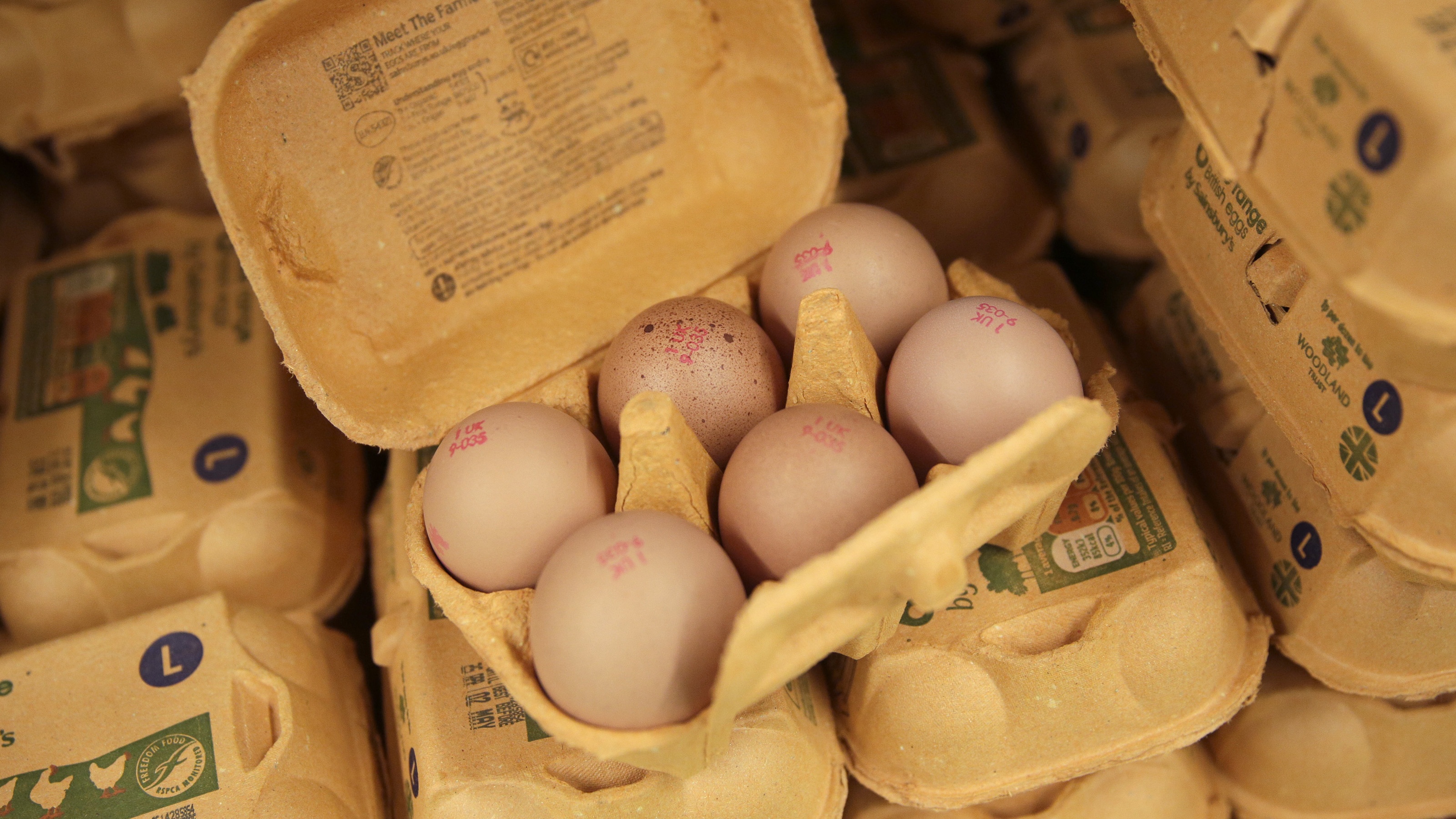 The UK’s Christmas egg shortage
The UK’s Christmas egg shortagefeature Supermarkets blame bird flu but farmers say unfair buying practices are driving them out of business
-
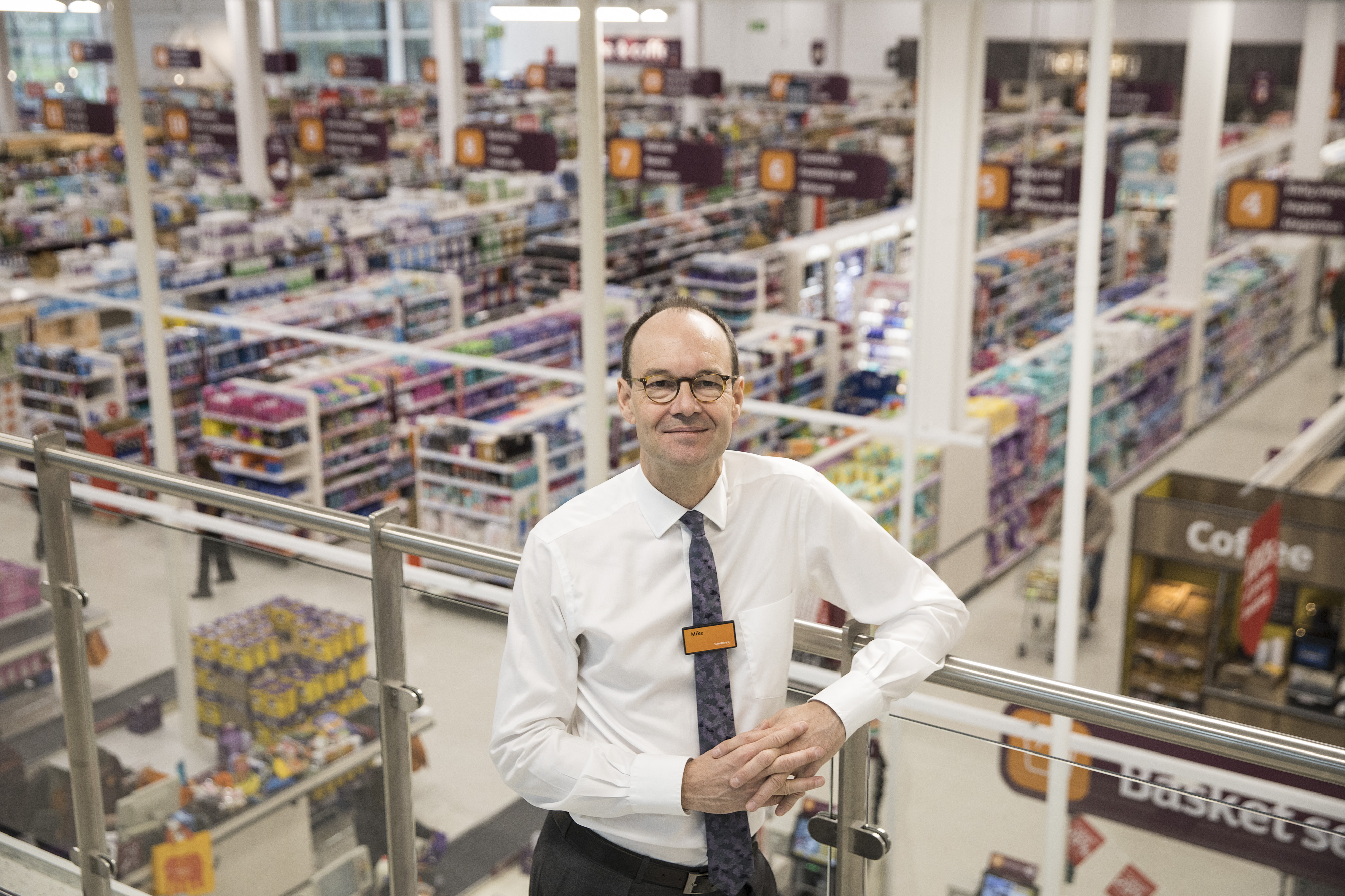 Why Sainsbury’s chief Mike Coupe is stepping down
Why Sainsbury’s chief Mike Coupe is stepping downIn Depth The executive aggressively cut costs to compete with Aldi and Lidl, but failed to acquire Asda
-
 Sales of Christmas puddings down on 2018
Sales of Christmas puddings down on 2018Speed Read Supermarket data shows slump in demand for festive food
-
 Should supermarkets stop selling fireworks?
Should supermarkets stop selling fireworks?Speed Read Sainsbury’s bans the bangers from all of its stores in response to fears for pets
-
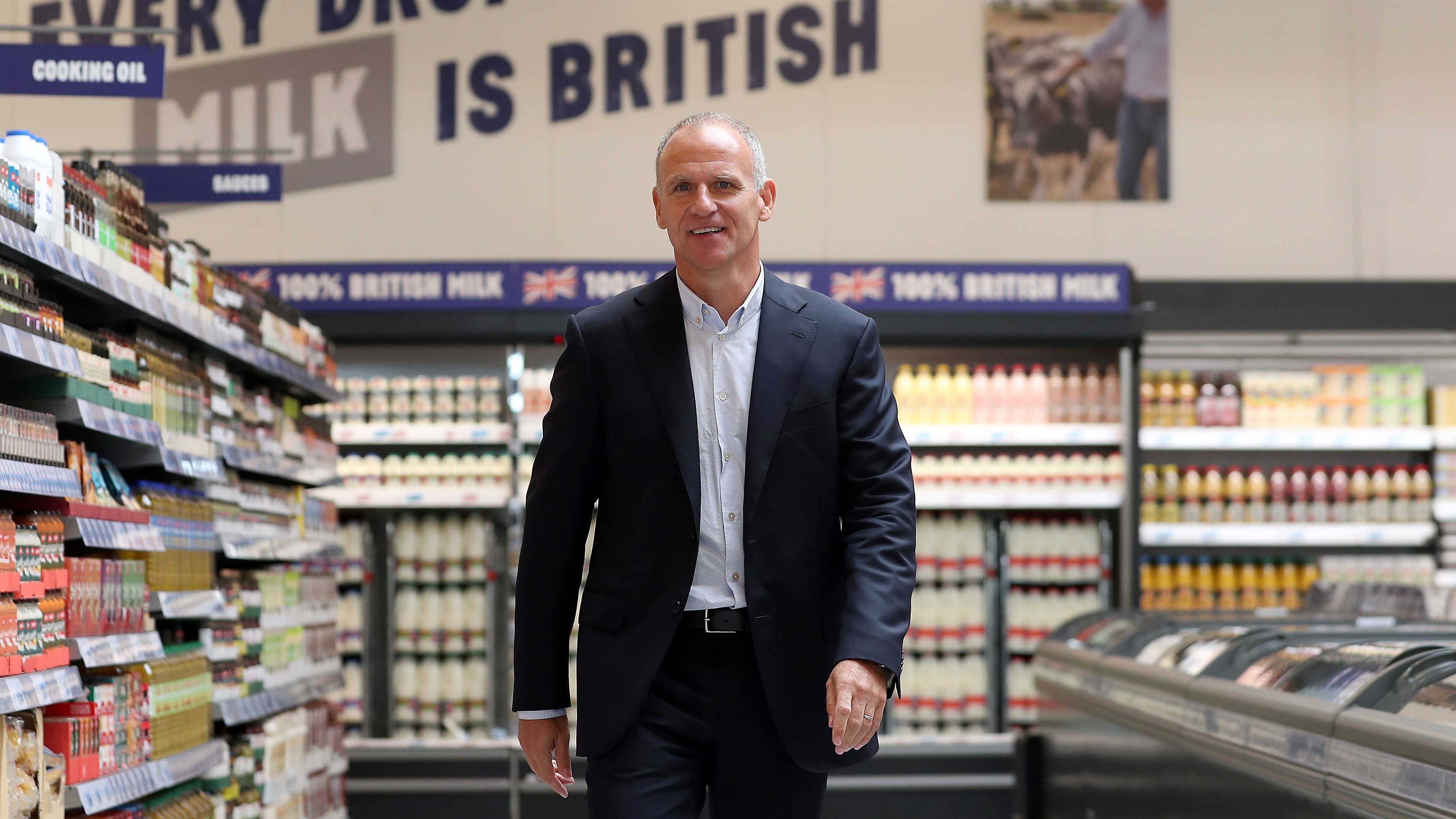 Why Tesco’s Dave Lewis is stepping down
Why Tesco’s Dave Lewis is stepping downSpeed Read The boss who turned Tesco’s fortunes around will leave CEO role in 2020
-
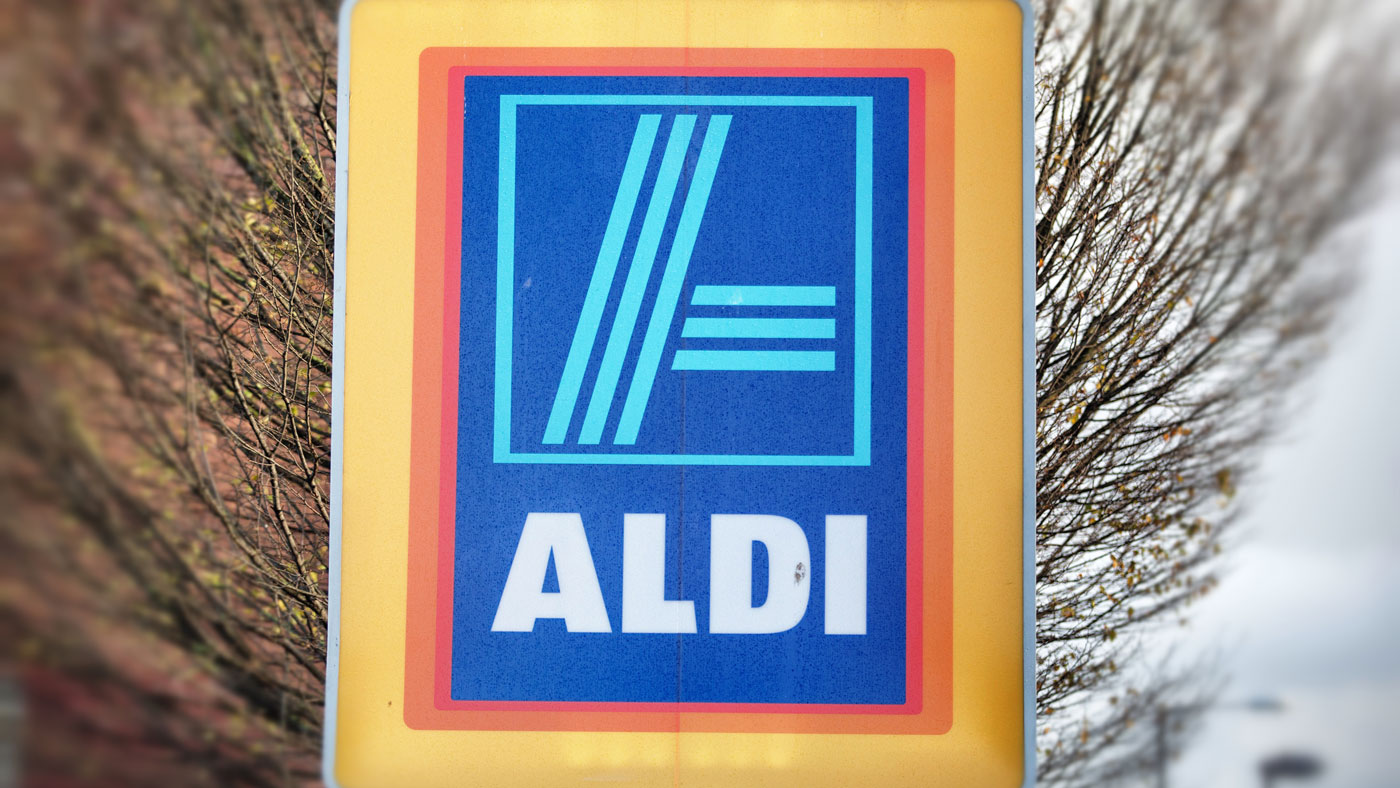 Why are profits collapsing at Aldi?
Why are profits collapsing at Aldi?Speed Read German discounter announces aggressive expansion despite sinking profits
-
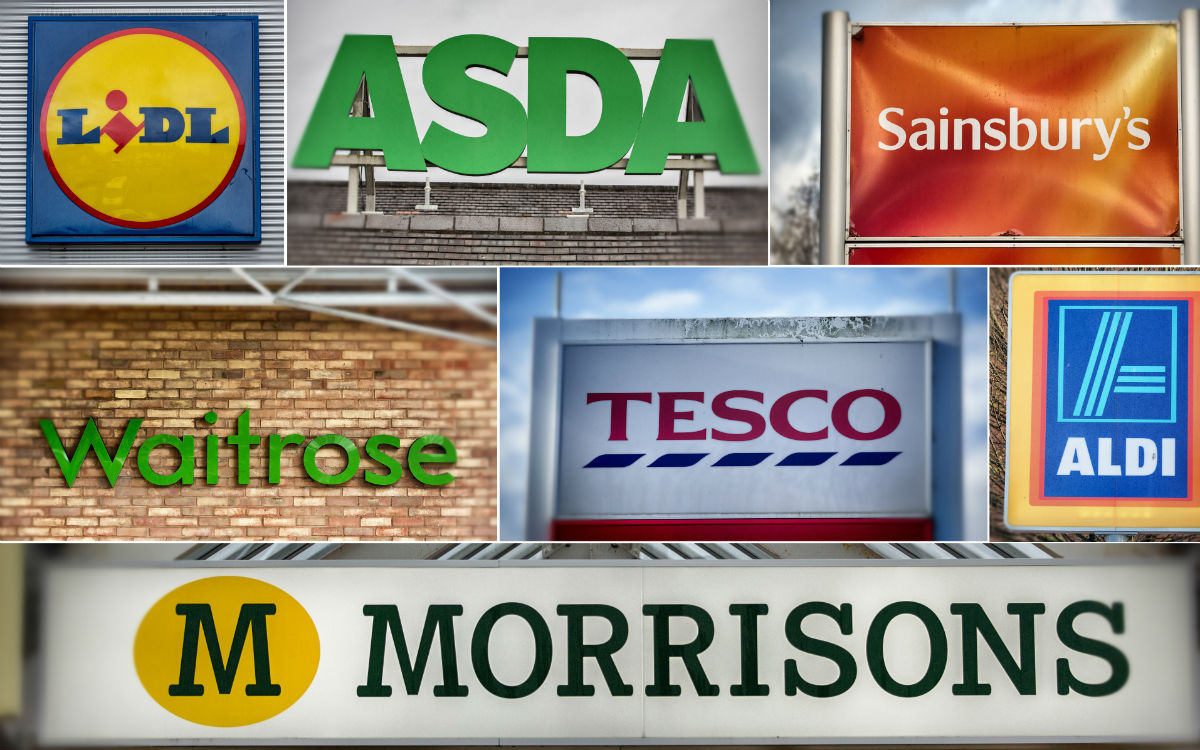 Why are supermarket sales flat?
Why are supermarket sales flat?Speed Read Brexit, fears of recession and price rises blamed for weak data
-
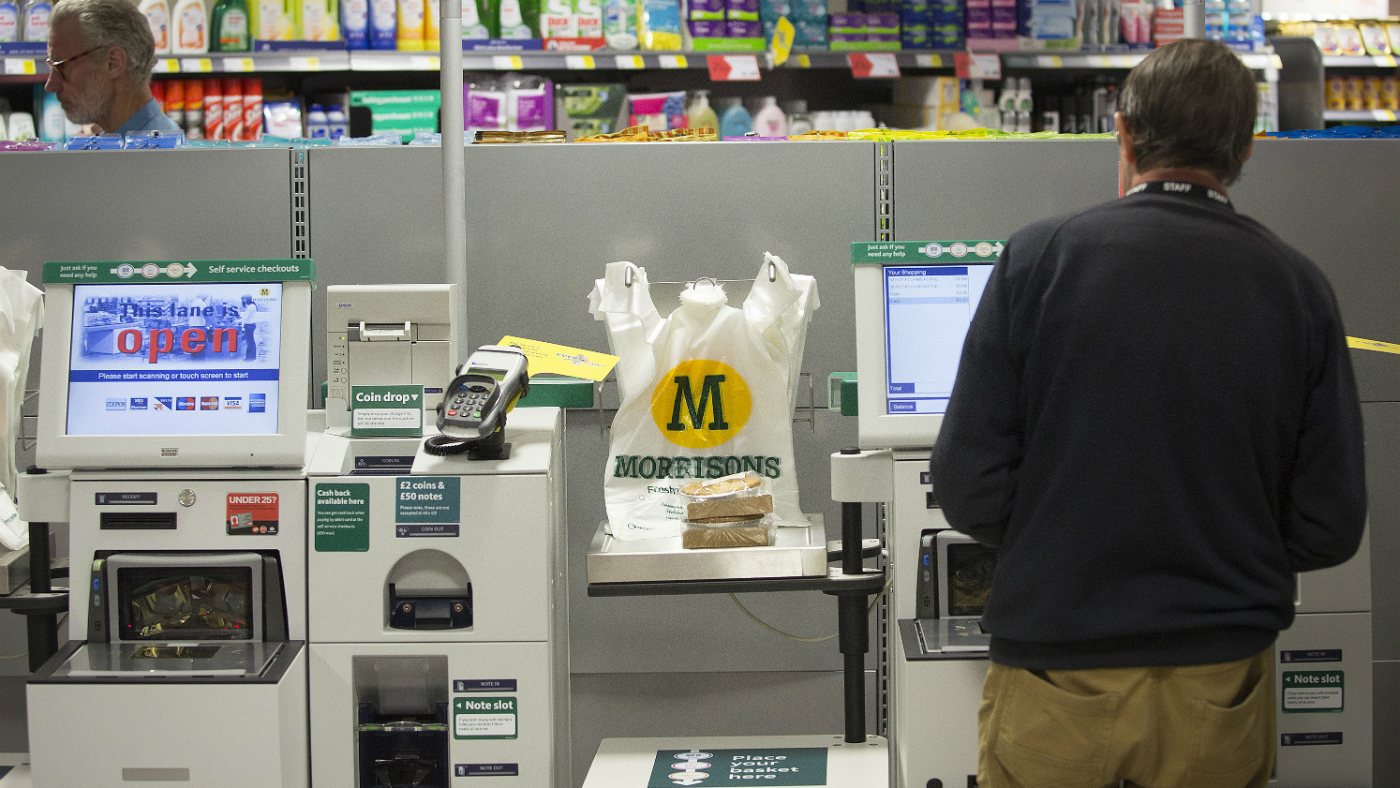 Will shoppers be charged for using self-service machines?
Will shoppers be charged for using self-service machines?In Depth MPs say 1p fee for using self-scan tills could raise £30m a year to ‘heal social divisions’